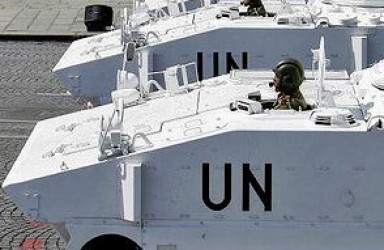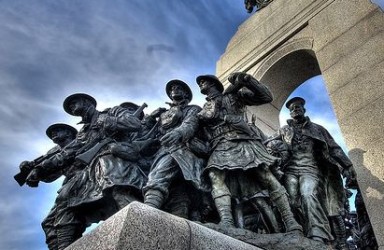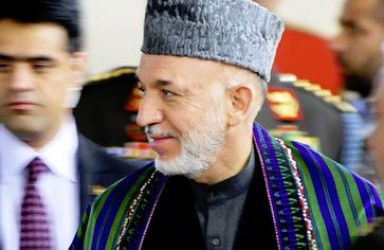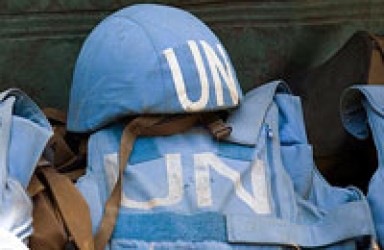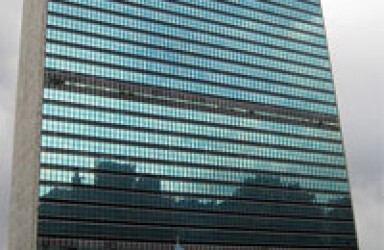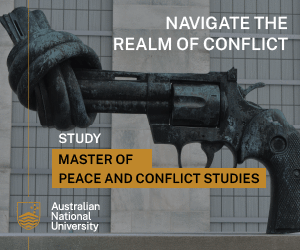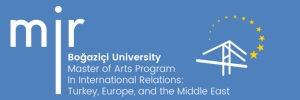The Enduring Relevance of Dag Hammarskjöld’s Characterization of Peacekeeping
Dag Hammarskjöld, Secretary General of the United Nations from 1953 to 1961, steered the organisation through a period which saw it develop as a peacekeeper in a mould that would set the agenda for decades to come, particularly via the publication of the “Summary Study” in 1958, which established the foundations of classical peacekeeping.
Is Clausewitz or Sun Tzu more relevant to understanding contemporary war?
There is no strategic theory that can, yet, fully replace the classical strategists Sun Tzu and Clausewitz. The information age and modern technology have not altered the fundamental nature of war. As long as the nature of war remains unchanged, it is the same phenomenon that Sun Tzu contemplated millennia ago and that Clausewitz studied in the nineteenth century.
Does the European Union have a strategic culture?
The European Union does not currently have a strategic culture, but it is in a process of creating one and putting it into practice. But the real question is whether the European Union has the capacity to transition from a civilian to a strategic actor, by developing a concrete strategic culture and a higher level of autonomy for the EU regarding security and defence issues
Can the West build states in countries like Afghanistan?
The War in Afghanistan is now in its tenth year. The conflict has diversified as it has developed, evolving from a purely military confrontation against the Taliban to a multi-faceted state building and humanitarian operation in an attempt to defeat the resurgent insurgency and stabilise the Afghan state on a sufficiently pro-Western model.
To what extent has globalization aided the spread of democracy?
Globalization has entrenched and encouraged liberal democracy where it resides but in isolation can take little credit for spreading democracy globally. Moreover, globalization has been found to have a more pivotal and detrimental role in undermining democracy by providing networks and resources for anti-democratic forces.
To what extent was the US military’s attitude towards the media during the 1991 Gulf War a product of its experience in Vietnam?
The minds and hearts of US citizens were lost because the media coverage of the Vietnam War, watched in millions of American homes, was uncensored, straightforward and highlighted all the cruelties of the conflict. The media coverage of the 1991 Gulf War was entirely different.
The Limits of Economic Globalization
Since the 1990s, the phenomenon of globalization has been widely discussed. contemporary economic globalization is often exaggerated, and it can be argued that there are some current patterns that are more limited, less integrated, and less interdependent in comparison with 19th century economic globalization, especially the period from 1870 to 1914
The food crisis: its causes and consequences
The English revolution in the middle of the 17th Century, the French revolution at the end of the 18th Century, and the Russian revolution at the beginning of the 20th Century— all were revolutions of the same nature.Similarly, there is no doubt that the 2011 Arab Spring has been provoked by a food crisis. But the food crisis does not only influence the Middle East. In India and Bangladesh revolution is inevitable.
Can international institutions help make the world more peaceful?
The development of international institutions is one of the most admirable efforts for the achievement of world peace that the world has ever seen. It possesses many of the qualities of the liberalist ideal, however, it has not fulfilled its aim to make the international community a more peaceful place.
Should the UN be reformed. How?
Reform of the United Nations is a much debated subject constantly on the UN agenda. This essay argues that UN reform is necessary in order to strengthen the UN’s effectiveness as a multilateral organization, bring more transparency to the institution and enhance its credibility.
